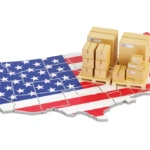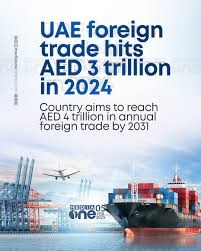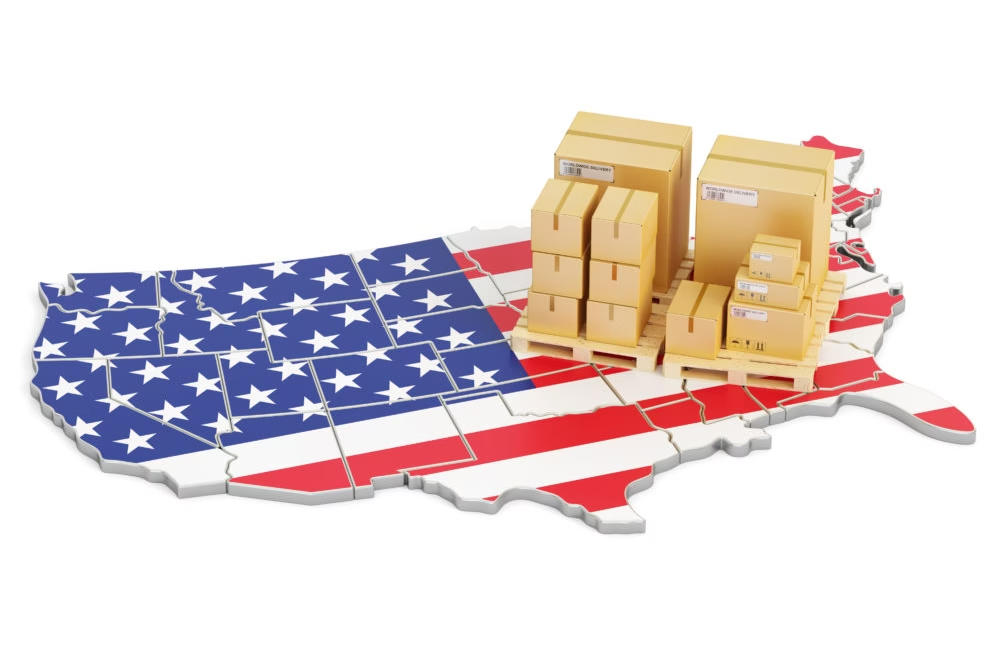Introduction
Pakistan’s leading chambers of commerce and industry have called on the government to abolish anti-export levies and special tax exemptions in the upcoming federal budget (2025-26). These measures, they argue, are hurting revenue collection and stifling economic growth.
During a meeting with the Senate Standing Committee on Finance and Revenue, industry representatives highlighted key issues, including:
✔ Revenue losses from tax exemptions in ex-FATA regions
✔ High advance taxes on exports
✔ Stuck sales tax refunds
✔ Need for competitive energy tariffs
This blog breaks down the key demands, economic impacts, and proposed solutions to revive Pakistan’s export sector.
Key Demands from Business Chambers
1. Abolish the Special Tax Regime for Ex-FATA
- Jawed Bilwani (KCCI President) highlighted that tea imports in ex-FATA surged five times despite the region’s population being only 4 million.
- This tax exemption causes an estimated Rs. 30 billion annual revenue loss.
- Plastic industry raw materials (like polyethylene) are also being misused due to low duties, leading to profiteering.
2. Restore Zero-Rated & Final Tax Regimes for Exporters
- Exporters demand:
- Zero-rated regime for raw material supplies under the Export Facilitation Scheme (EFS).
- Final tax regime to simplify taxation.
- Current policies increase compliance costs and hurt competitiveness.
3. Provide Regionally Competitive Energy Tariffs
- High electricity and gas prices make Pakistani exports uncompetitive.
- Solution: Restore subsidized energy rates for export industries.
4. Rationalize Import Duties to Curb Smuggling
- 40% of motorcycle parts & 60% of automobile parts are smuggled due to high import duties.
- Lowering tariffs could boost legal imports and tax revenues.
5. Expedite Sales Tax Refunds
- Despite FBR’s 72-hour refund policy, many exporters face delays.
- Stuck refunds increase working capital challenges.
6. Reduce Advance Tax on Exports & Remittances
- 1% advance tax on exports + 1% on remittances discourages foreign exchange inflows.
- Proposal: Reduce or remove these taxes to encourage formal transactions.
7. Support for Young Entrepreneurs
- Sialkot Chamber reported 600-700 new business registrations yearly.
- Need: Simplified tax policies & financial support for SMEs and startups.
8. Lower GST to Revive Dyeing Industry
- Rawalpindi Chamber proposed reducing GST from 18% to 15% to help struggling industries.
Why These Reforms Are Crucial for Pakistan’s Economy
1. Boosting Exports & Reducing Trade Deficit
- Pakistan’s exports remain stagnant due to high costs and complex taxes.
- Removing anti-export policies could increase competitiveness in global markets.
2. Stopping Revenue Leakage
- Tax exemptions in ex-FATA and misuse of low-duty raw materials drain billions annually.
- Stricter enforcement could increase FBR’s tax collection.
3. Encouraging Formal Economy
- High taxes and smuggling push businesses into the informal sector.
- Rationalizing duties will promote legal trade and documentation.
4. Supporting SME Growth
- Young entrepreneurs and SMEs need easier tax compliance & financing.
- A startup-friendly budget can stimulate job creation and innovation.
Government’s Response & Next Steps
- Senator Saleem Mandviwalla assured that the committee will address these issues in budget discussions.
- FBR’s 72-hour refund policy will be reviewed for better implementation.
- Proposals for tax rationalization will be considered to support exporters.
Conclusion & Call to Action
Pakistan’s business community has laid out clear, actionable demands for Budget 2025-26. If implemented, these reforms could:
✅ Increase exports
✅ Boost tax revenues
✅ Reduce smuggling
✅ Support SME growth
What’s Next?
- Government: Should prioritize export-friendly policies in the budget.
- Businesses: Continue advocating for tax reforms and ease of doing business.
- Public: Stay informed and support policies that drive economic growth.
Want more updates on Pakistan’s economic policies? Subscribe for the latest insights!






